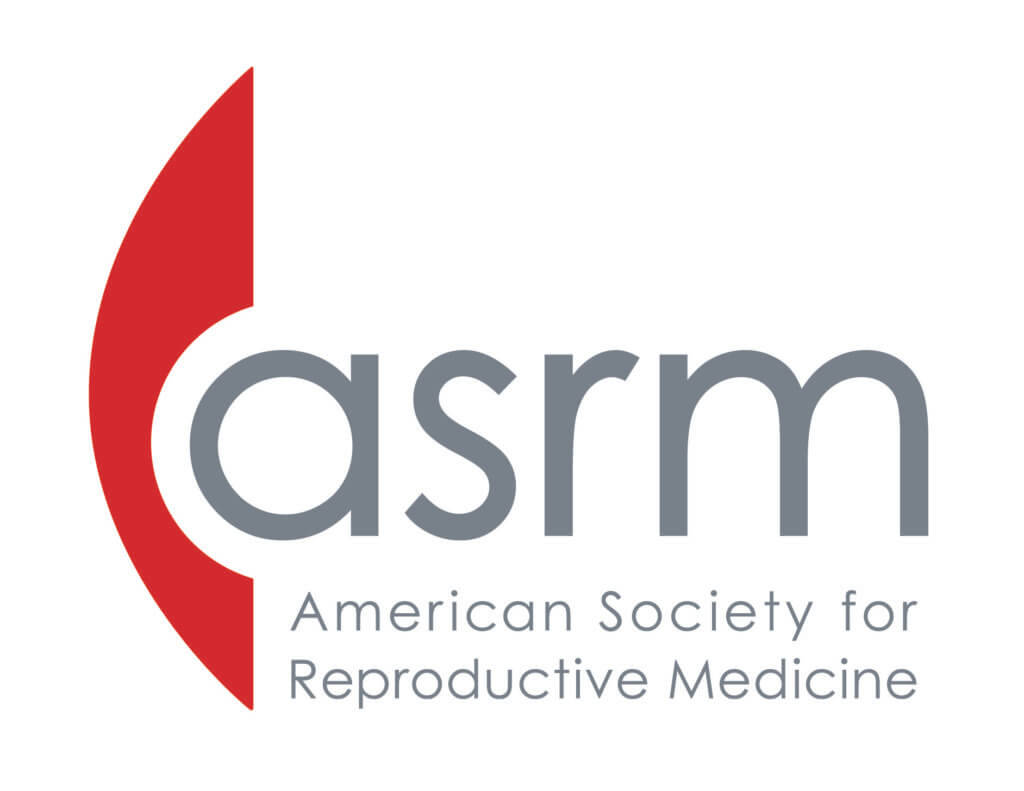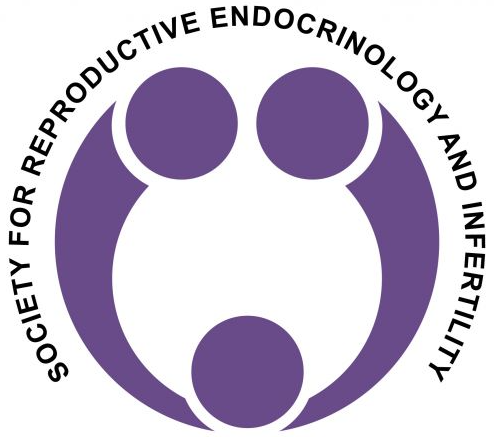Most people know that our fertility decreases as we get older. But there are many other factors to consider, as well. If you’re planning for a family in the future, it’s important to understand your fertility, the factors that affect it, and what you can do to increase your chances of conceiving.
Factors that affect female fertility
There are many factors that can affect female fertility. Some factors, like lifestyle choices, are easier to control. Others, like certain medical conditions, may be harder to manage. These factors include:
- Ovulation disorders
- Age
- Endometriosis (uterine tissue growing outside the uterus)
- Surgeries or infections that leave scar tissue between pelvic organs
- Certain medications, such as antidepressants, antibiotics, and painkillers
- Unhealthy body weight (being overweight and underweight)
- Hyperprolactinemia (high levels of prolactin in the blood)
- Sexually transmitted diseases
- Fallopian tube blockage or abnormalities
- Pelvic inflammatory disease
- Occupational or environmental hazard exposure
- Uterus disorders
- Hormonal imbalances
- Autoimmune disorders
- Alcohol and tobacco use
Factors that affect male fertility
Similarly, there are many factors that can affect male fertility, as well. These factors include:
- Smoking and alcohol use
- Drug use
- Certain medications for ulcers or psoriasis
- Toxic substance or hazard exposure
- Heat exposure to genitals
- Certain conditions or illnesses, like hernia surgery, undescended testicles, prostatitis or genital infection, mumps after puberty, or scrotal varicose veins (varicocele).
Promoting fertility
Though there are some circumstances that affect fertility, there are changes you can make to boost your fertility for the best chance of conception. Be sure to maintain a healthy body weight (a body mass index of 18.5 to 24.9); use protection to prevent sexually transmitted infections; consume a healthy, nutrient-dense diet; and schedule regular checkups with your physician.
If you are planning on conceiving in the future and would like to learn more about your fertility or fertility testing, call the reproductive specialists at Center for Reproductive Medicine at 612-355-8596 today.





